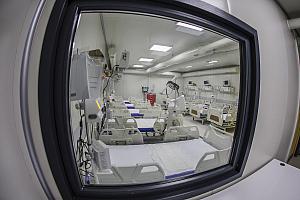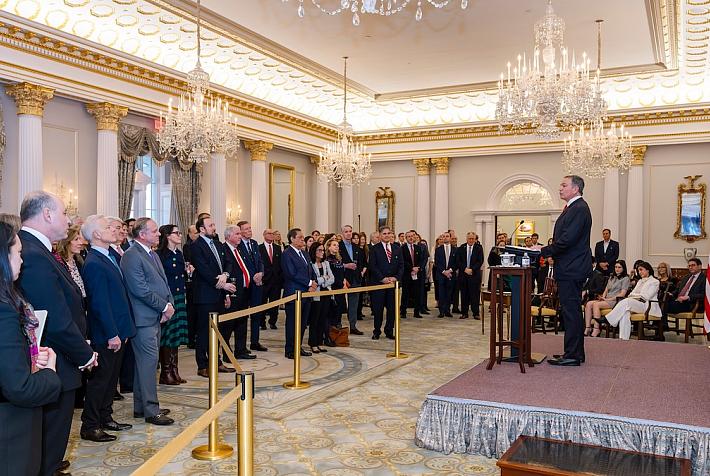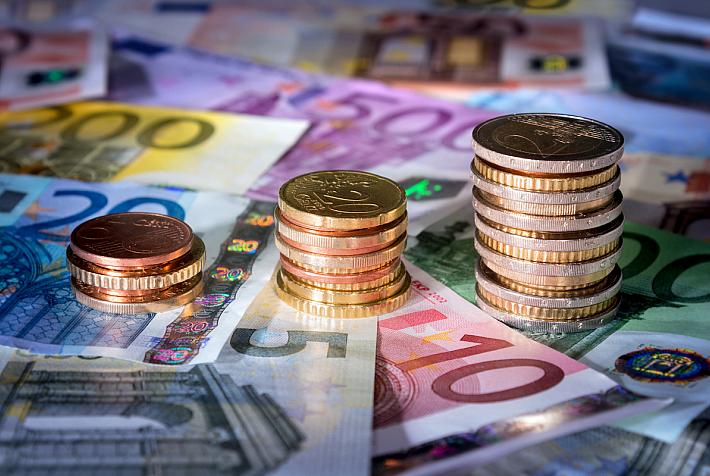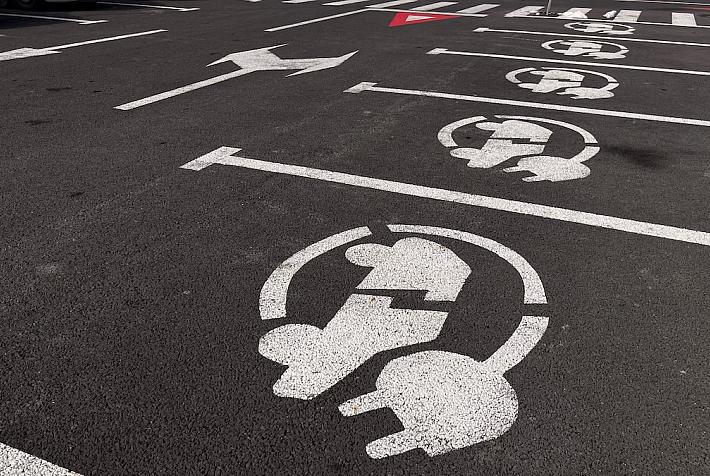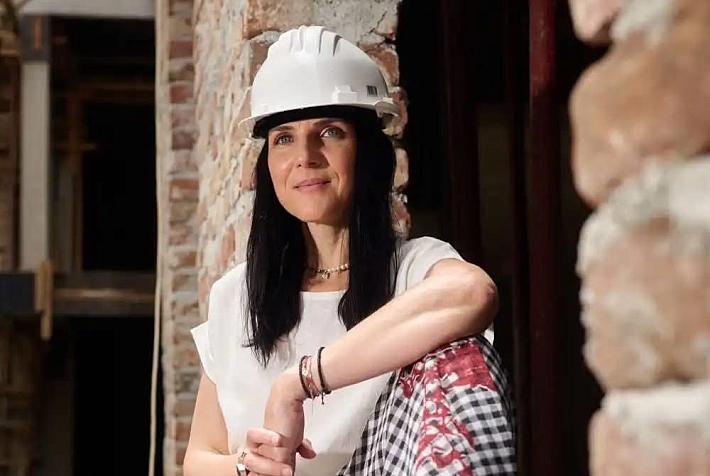Coronavirus in Romania: Authorities consider restrictions as number of new cases stays above 2,000

Romania added 2,086 new COVID-19 infection cases from Wednesday noon until Thursday noon (October 1), from close to 25,800 tests processed in this interval. Bucharest recorded 301 new cases, followed by Iasi, with 133 new cases, Constanta – 122, and Cluj and Bacau counties – 104 new cases each. Romania thus reached almost 130,000 cases since the pandemic started.
The higher case numbers could trigger reinstating some of the restrictions lifted in recent months. Still, the measures will apply locally, in the most affected areas, not countrywide. Thus, the authorities could again close restaurants in localities with high COVID-19 incidence rates and even place some of these localities under quarantine until the numbers drop.
Prime minister Ludovic Orban said on Thursday that restaurants could close again in localities with over 1.5 cases per 1,000 inhabitants (over the last 14 days), according to Mediafax.
He also asked the county-level emergency committees to quarantine localities with high infection numbers, if needed, according to G4Media.ro. Orban said that the infection risk is highest at private events, such as weddings, baptism parties and other similar events, where safety rules are usually not respected. He added that the second most important risk factor is public transport and commuting and asked the local authorities to control operators in this sector to make sure safety rules are observed.
However, the spike in daily cases to over 2,000 also comes two weeks after the school year started in Romania. Romania's representative at the World Health Organization (WHO) Alexandru Rafila says it's normal to have more cases after school started. "It's normal to be like that. Children are harder to string, they come to school, they leave school. Children, teenagers are the ones who get sick, they have light forms, but they can transmit the disease to older family members, who can also have complications," Rafila explained at Digi 24 news channel. He also pointed out that other countries faced similar trends after reopening schools.
Schools in some localities have already closed, and classes moved online. Over 580 schools are in this situation, according to the Education Ministry's latest data, while more than 4,500 schools operate according to the "yellow scenario," with half of the students attending classroom courses and the other half following the lessons online. Meanwhile, 12,540 schools operate normally, the ministry announced on September 30.
In a press conference on Wednesday evening, president Klaus Iohannis warned about the pandemic's "imminent second wave," and called on Romanians to respect safety rules and avoid getting exposed to infection risk.
"The almost unanimous opinion of the specialists is that a second wave of the pandemic is imminent in Europe. Most countries on the continent are already recording worrying figures every day. Our situation is not better either. Today, we had a negative record of infections. It is imperative that we make every effort to reverse this upward trend and keep the pandemic under control," Klaus Iohannis said on Wednesday.
He added that he didn't want to reintroduce restrictions, but such measures could be implemented where necessary. "We do not want to reintroduce restrictions, but if the number of infections increases, where we have the highest incidence, it is possible to introduce certain restrictions, locally, regionally, where the degree of infection is simply too high to be tolerated," the president concluded.
When journalists asked him if he has tested himself for COVID-19 since the pandemic started, Iohannis said he didn't need to. "I did not get tested because I haven't been in contact with any sick person. The tests are done when there is a suspicion of possible contamination. I wear a mask at all meetings, and I avoid participating in crowded events. I recommend all Romanians to be careful. It's better and healthier," said Klaus Iohannis.
editor@romania-insider.com
(Photo source: Dreamstime.com)







